Neurobiology
Introduction
Neurobiology, also known as neuroscience, is a branch of biology that focuses on the study of the nervous system. It combines various disciplines, including physiology, anatomy, molecular biology, developmental biology, cytology, mathematical modeling, and psychology, to understand the fundamental properties of neurons and neural circuits.
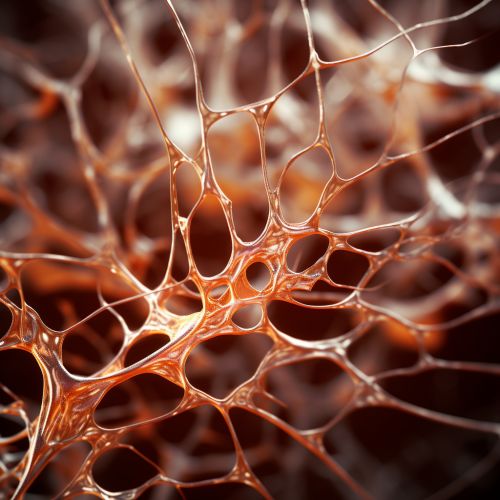
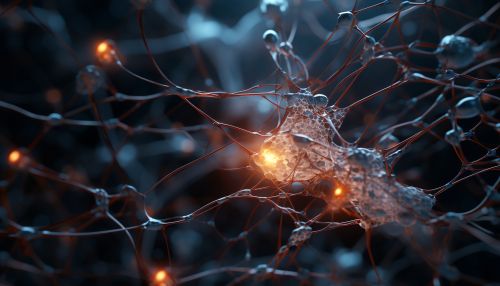
History
The study of the nervous system dates back to ancient Egypt. Evidence of neurosurgery, specifically trepanation, has been found in prehistoric human remains. However, it was not until the 20th century that neurobiology became a distinct scientific discipline.
Neurons and Glial Cells
The nervous system is composed of two types of cells: neurons and glial cells. Neurons, or nerve cells, are the primary cells of the nervous system. They are responsible for receiving sensory input from the external world, sending motor commands to our muscles, and transforming and relaying the electrical signals at every step in between.
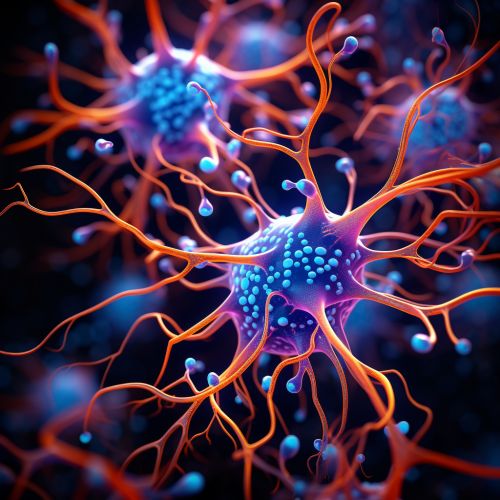
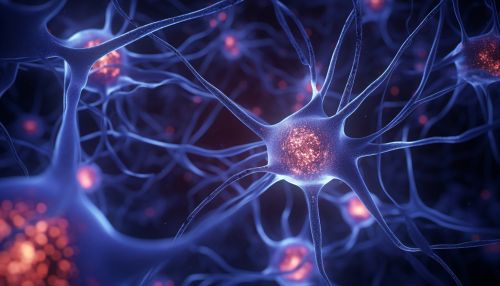
Glial cells, or simply glia, are non-neuronal cells that provide support and nutrition, maintain homeostasis, form myelin, and participate in signal transmission in the nervous system.
Neuroanatomy
Neuroanatomy is the study of the structure and organization of the nervous system. In contrast to systems anatomy, which divides the nervous system into systems, neuroanatomy studies the organization of the nervous system in detail.

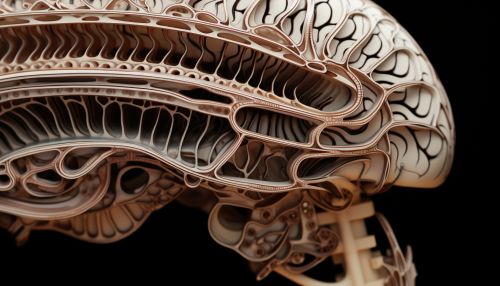
Neurophysiology
Neurophysiology is a branch of physiology and neuroscience that is concerned with the study of the functioning of the nervous system. It includes the study of the functions of the neurons, the nervous system, and the complex interactions between different components of the nervous system.
Neurochemistry
Neurochemistry is the study of chemicals, including neurotransmitters and other molecules such as psychopharmaceuticals and neuropeptides, that influence and/or mimic the functions of neurons. It is a branch of neuroscience, a multidisciplinary branch of biology that combines physiology, anatomy, molecular biology, developmental biology, cytology, mathematical modeling, and psychology to understand the fundamental properties of neurons and neural circuits.
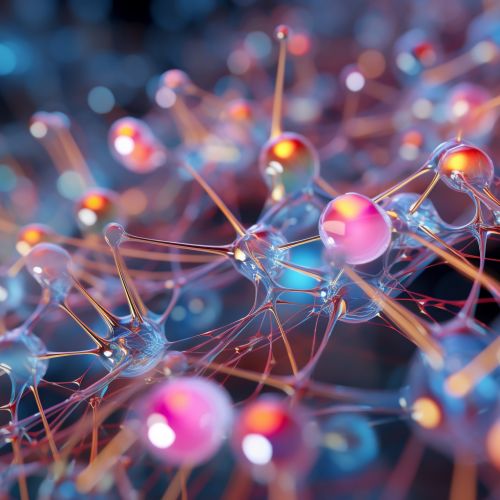
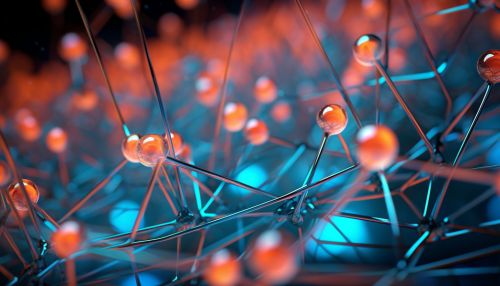
Neuropharmacology
Neuropharmacology is the study of how drugs affect cellular function in the nervous system, and the neural mechanisms through which they influence behavior. There are two main branches of neuropharmacology: behavioral and molecular.
Neurogenetics
Neurogenetics studies the role of genetics in the development and function of the nervous system. It considers how the genes of an individual influence their development and function, which includes how this can affect their risk for neurological diseases.


Neuroinformatics
Neuroinformatics is a research field concerned with the organization of neuroscience data by the application of computational models and analytical tools. These areas of research are important for the integration and analysis of increasingly large-volume, high-dimensional, and fine-grain experimental data.
Conclusion
Neurobiology is a vast and complex field, encompassing a variety of sub-disciplines and approaches to understanding the nervous system. Despite the complexity and challenges, neurobiology continues to make significant strides in our understanding of the brain and nervous system, contributing to advancements in medicine, psychology, and other related fields.
